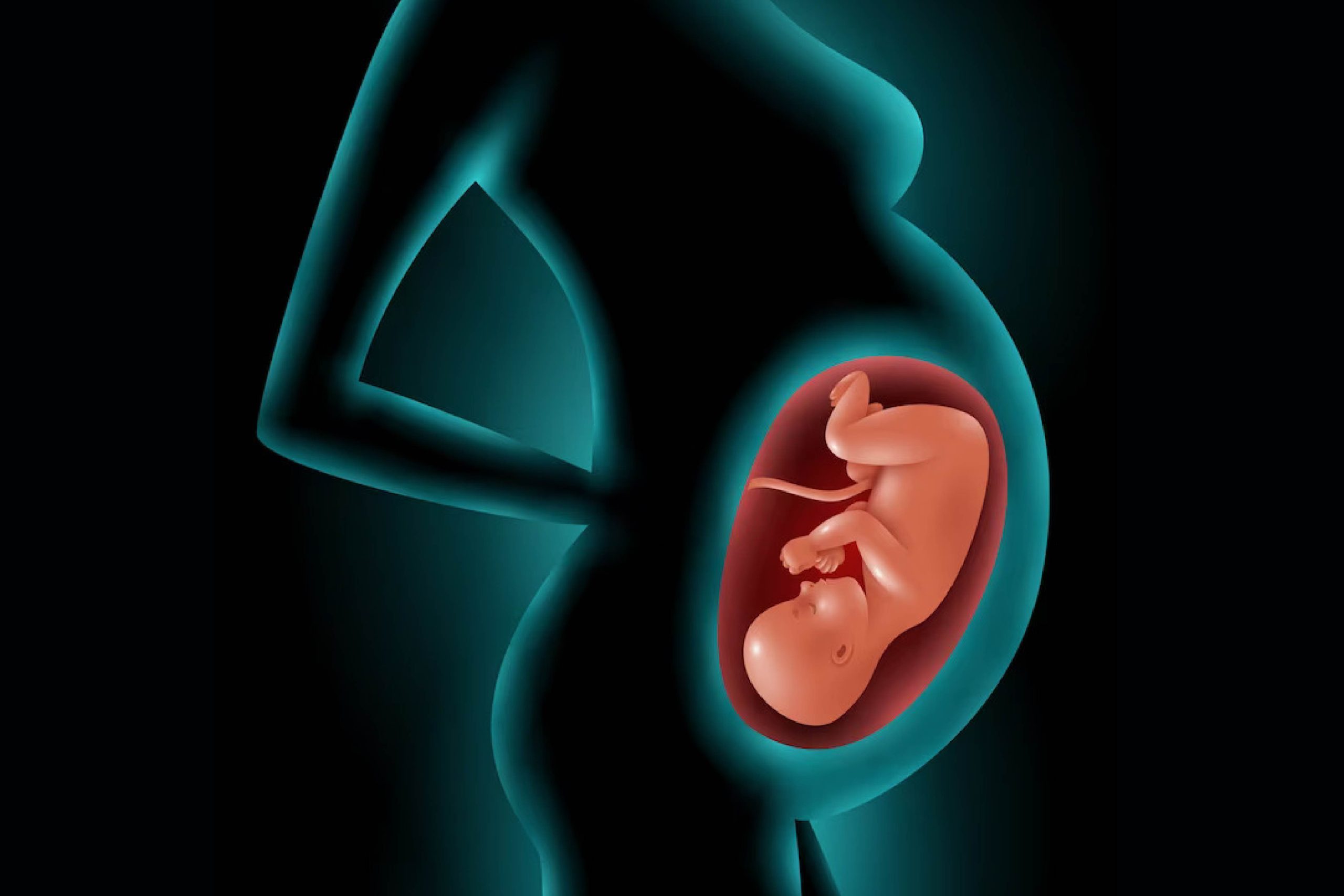Pregnancy

Overview
Pregnancy is a biological process in which a fertilized egg develops into a fetus in the woman’s uterus. The development of a fetus typically takes around 40 weeks, starting from the first day of the woman’s last menstrual period. Pregnancy can be a joyful and exciting time, but it can also be challenging and stressful for many women.
It is important for pregnant women to receive regular prenatal care to ensure the health and safety of both the mother and the baby. Prenatal care typically includes regular check-ups with a healthcare provider, as well as various tests and screenings to monitor the health of the mother and the fetus.
During pregnancy, women should strive to maintain a healthy lifestyle by eating a nutritious diet, getting regular exercise, and avoiding harmful substances such as tobacco, alcohol, and drugs. It is also important for pregnant women to get adequate rest and manage stress.
In some cases, complications may arise during pregnancy, such as gestational diabetes, preeclampsia, or preterm labor. These conditions require prompt medical attention and may require special treatments or interventions.
Childbirth can be a challenging and painful process, and women may choose to have a natural childbirth or receive pain management interventions such as epidural anesthesia. After childbirth, women may experience postpartum depression or other emotional and physical changes that require support and care from healthcare providers, family members, and friends.
Symptoms
Nausea and vomiting
Fatigue
Breast tenderness and swelling
Frequent urination
Constipation
Mood swings
Food cravings or aversions
Heartburn
Shortness of breath
Pregnancy is a biological process in which a fertilized egg develops into a fetus in the woman's uterus.
- Nausea and vomiting
- Fatigue
- Breast tenderness and swelling
- Frequent urination





